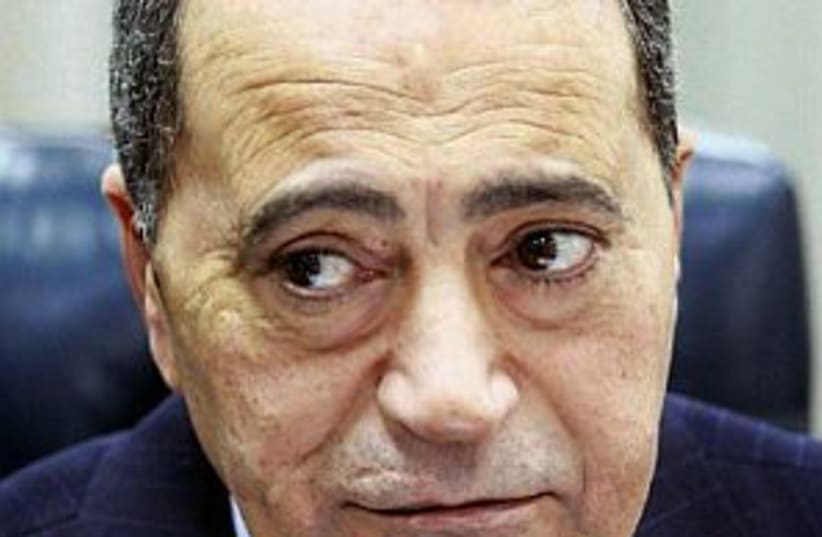| More about: | Jordan, Abdullah II of Jordan, Amman |
Jordan's king swears in new Cabinet
PM al-Bakhit: Jordanians aware militant Islam is contradictory to human, civilized and moral values of Islam.


| More about: | Jordan, Abdullah II of Jordan, Amman |